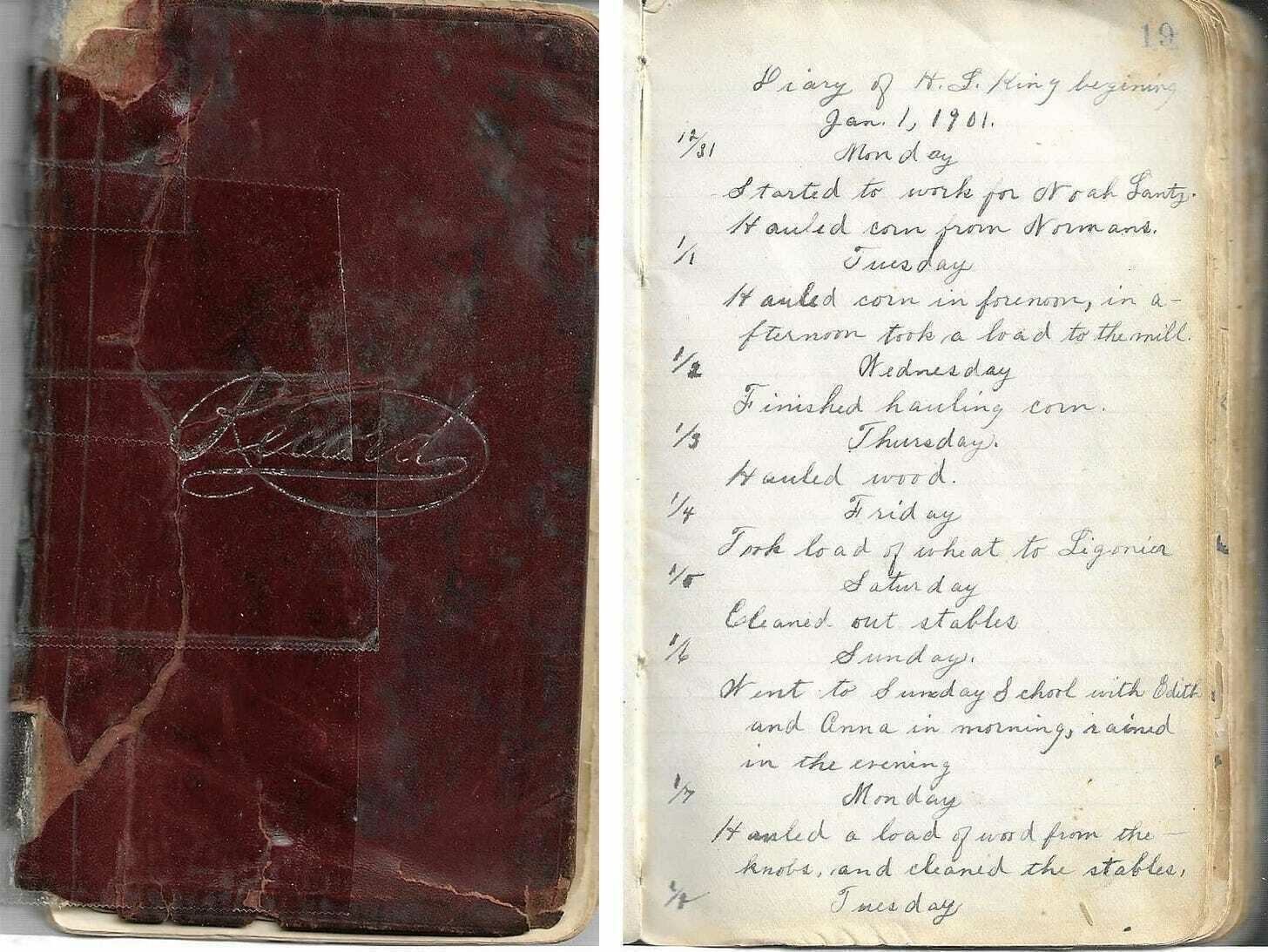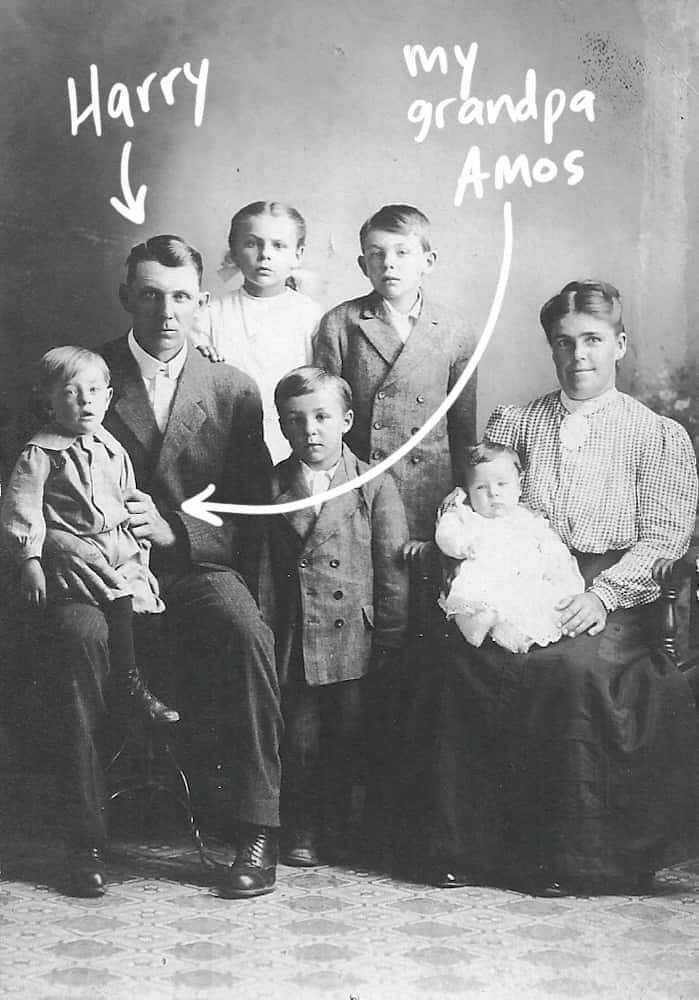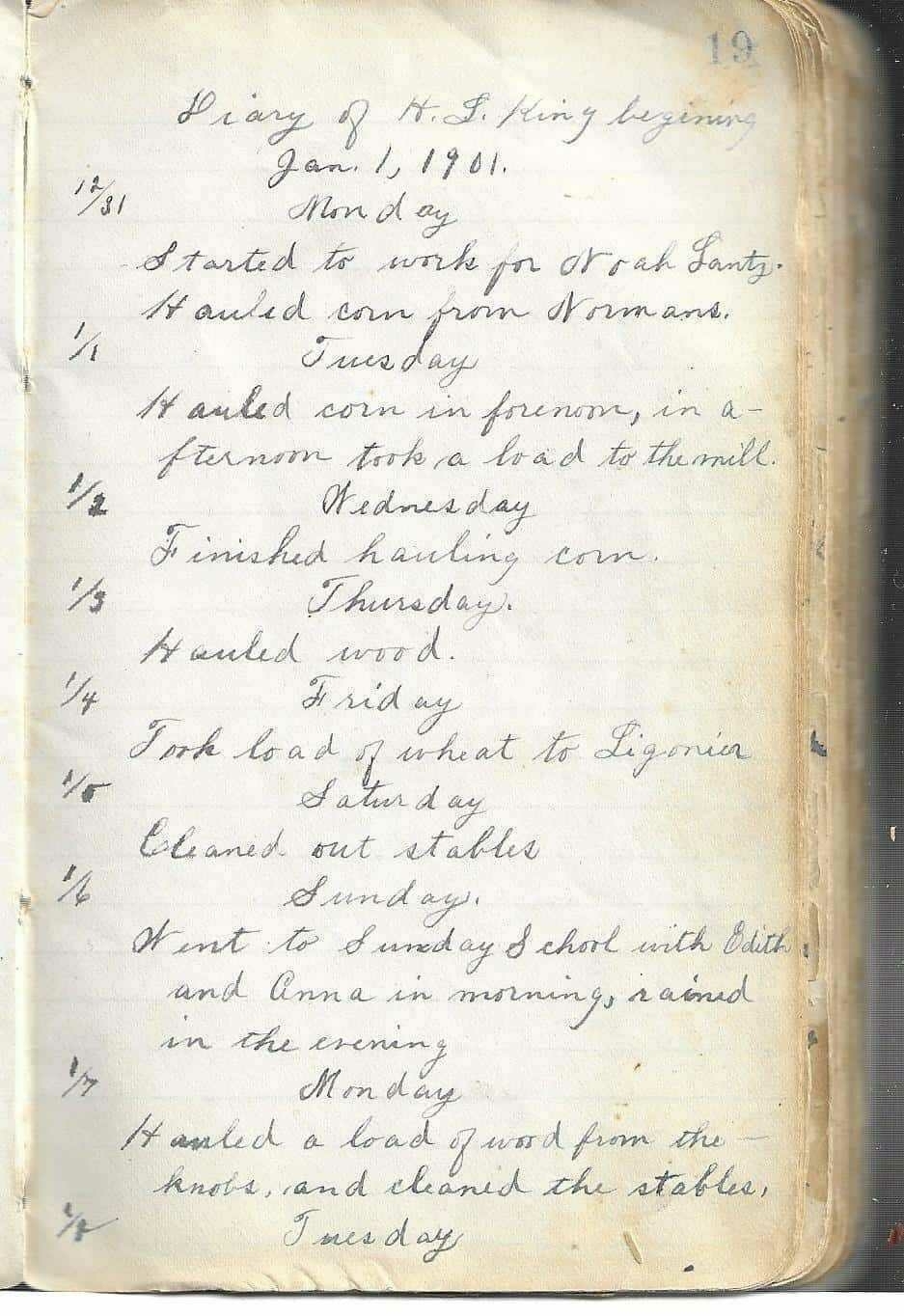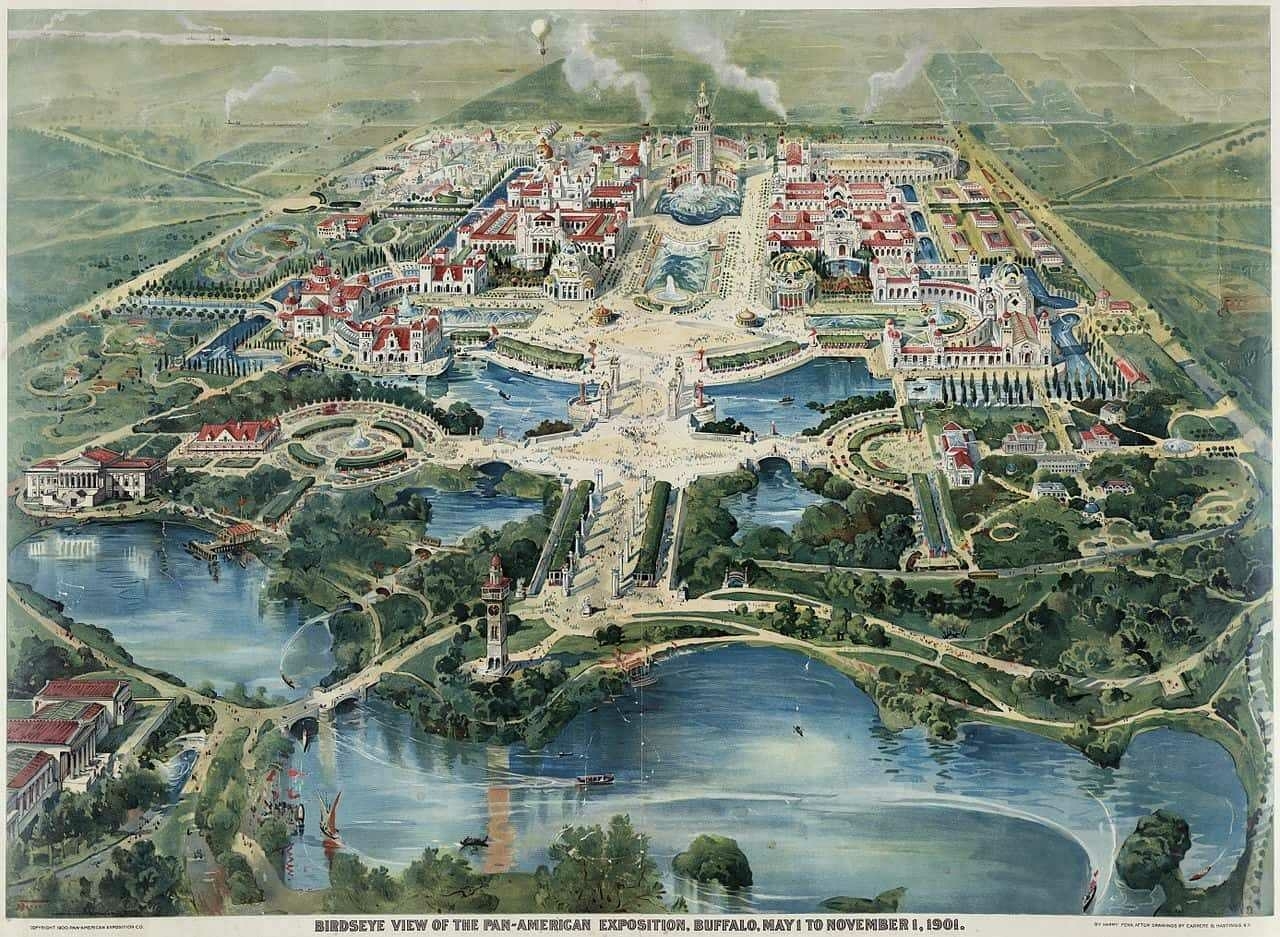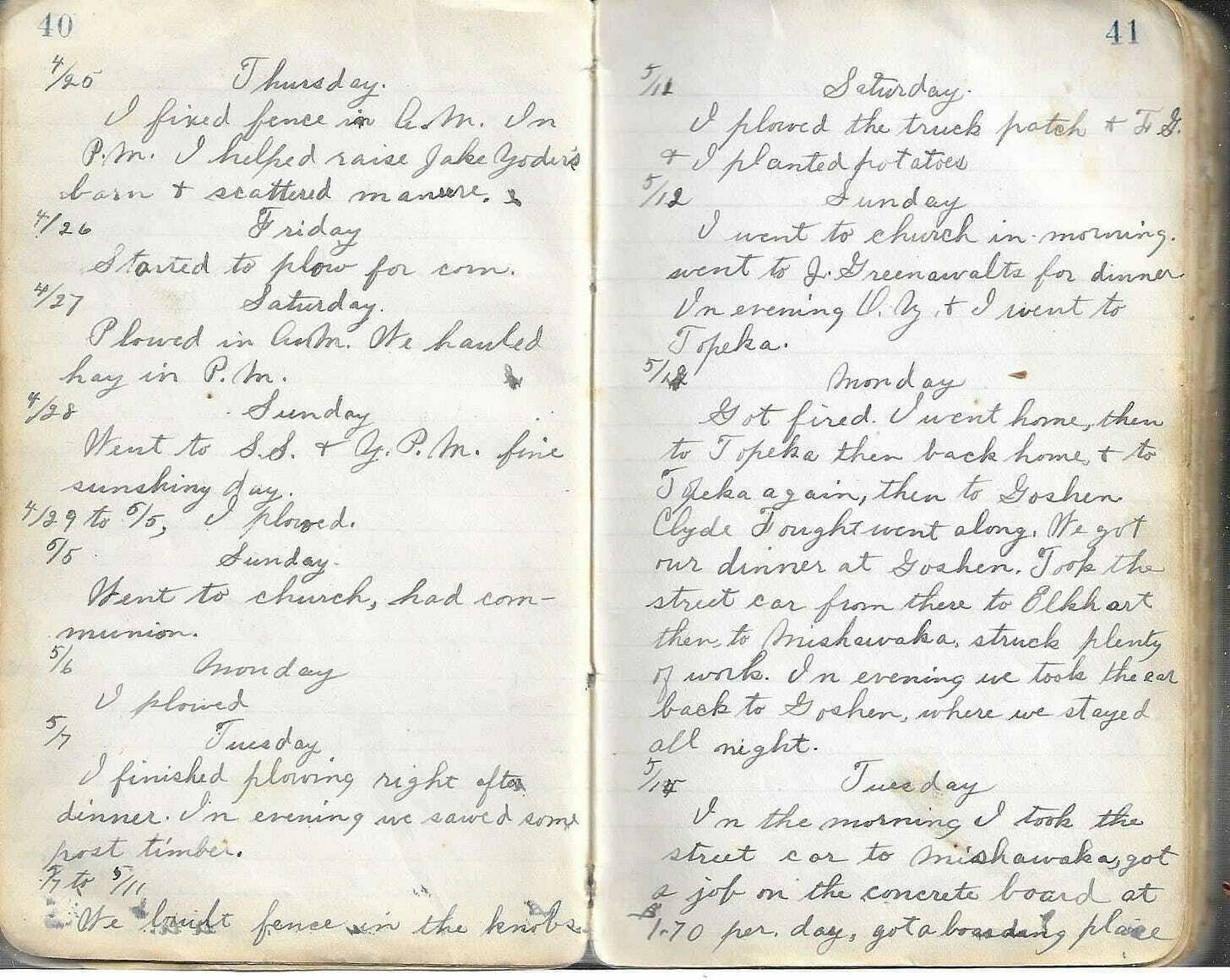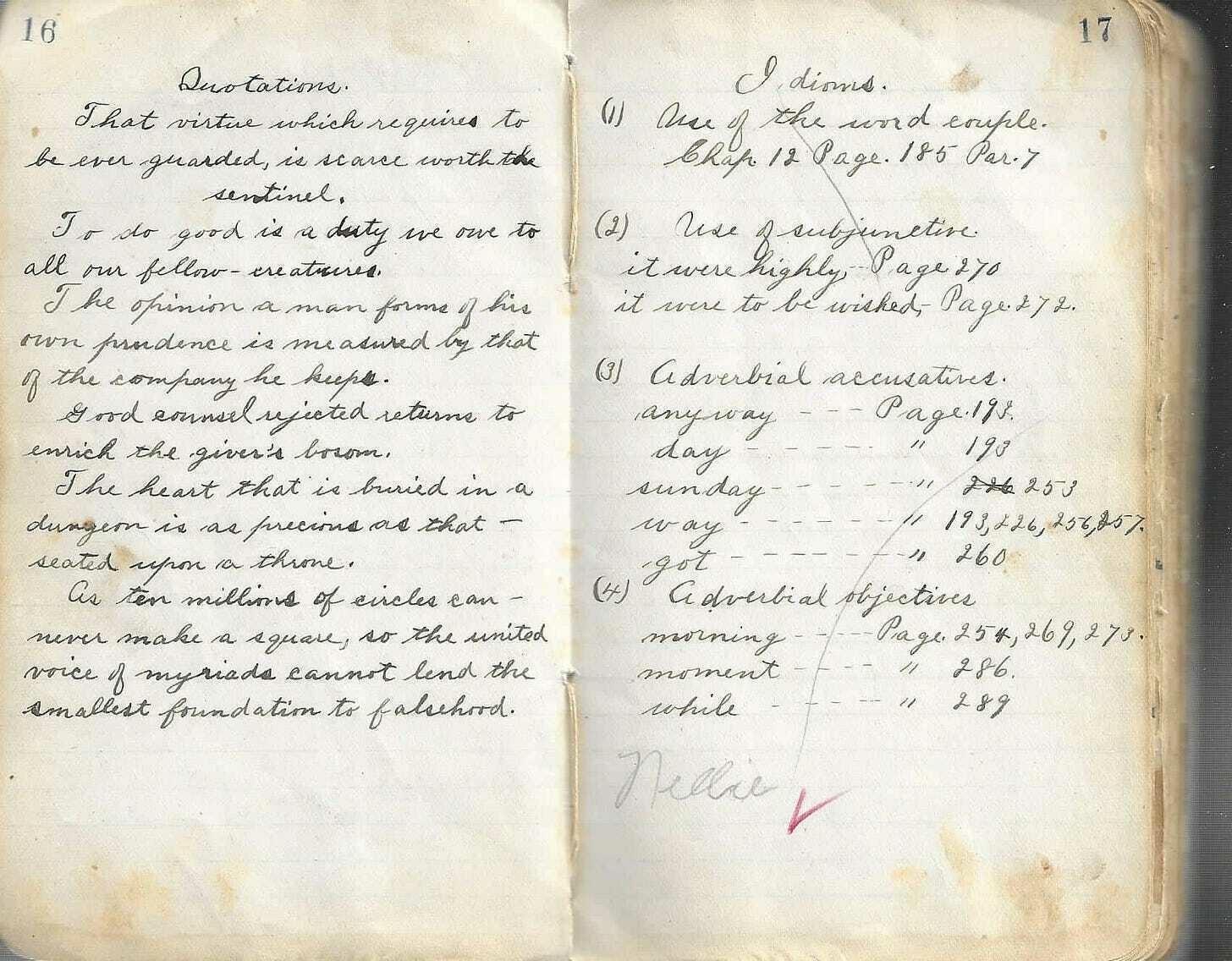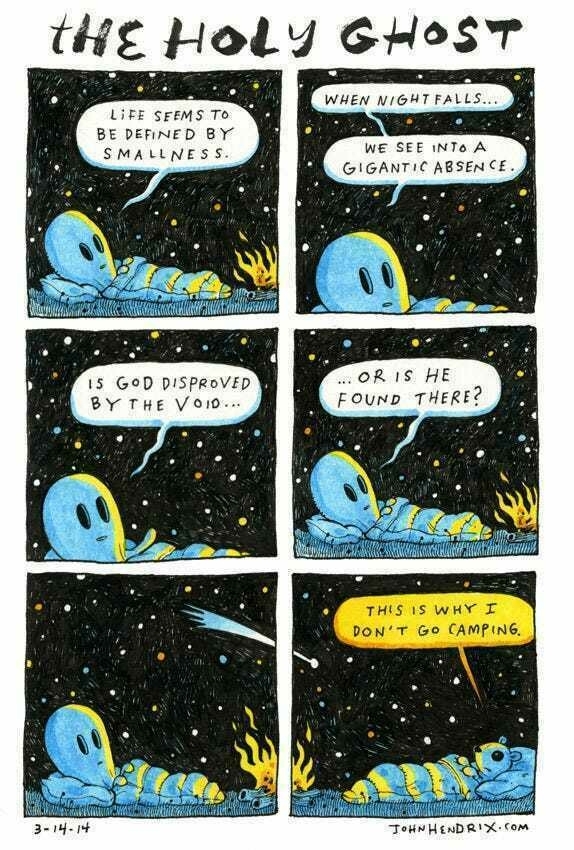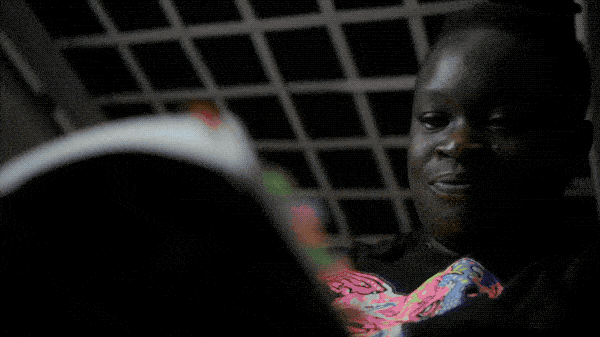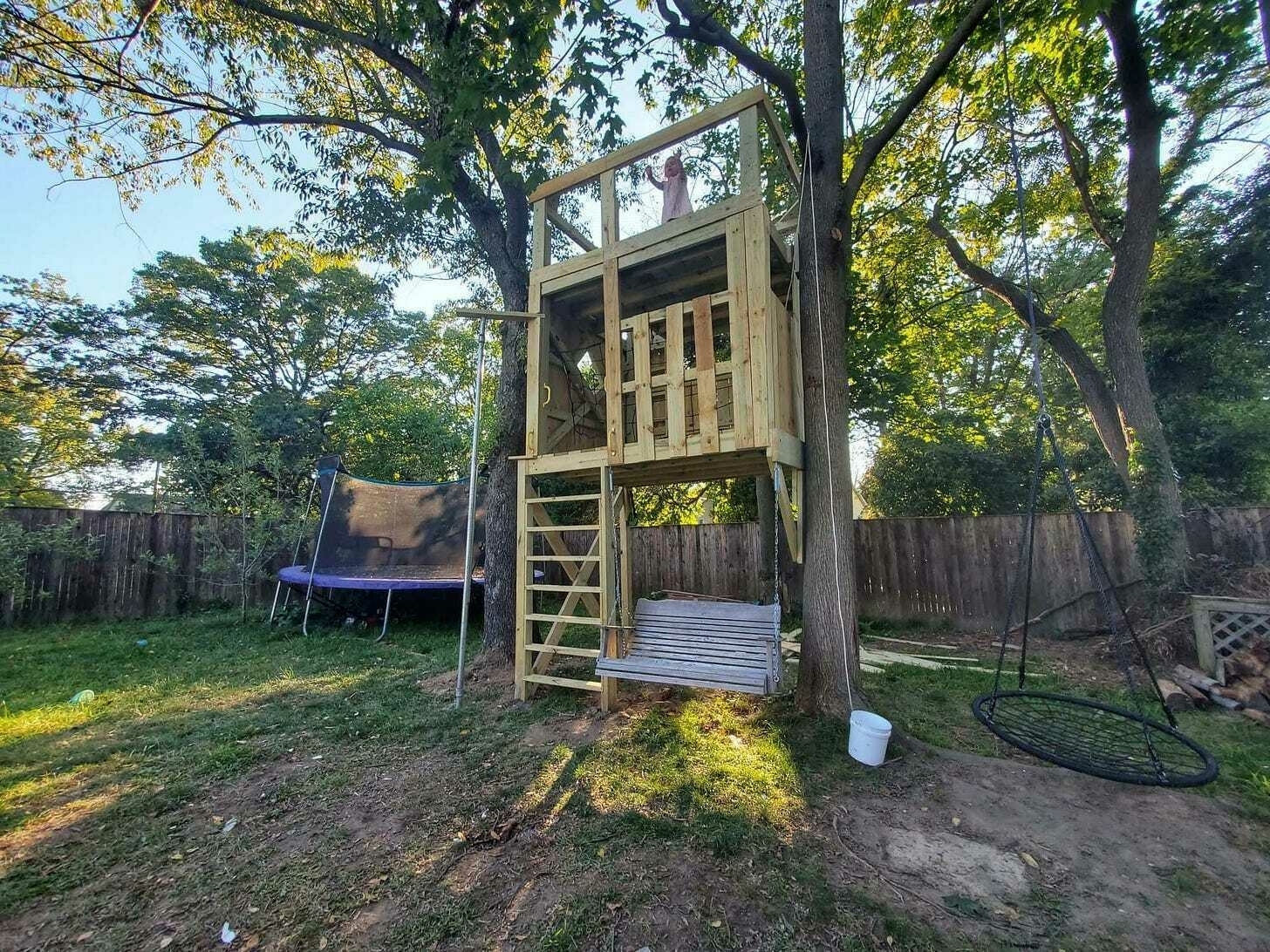🚂 Breaking bread with the dead
Tuesday, September 22, 2020
Pickin' Fights With Mennonites - On what I learned from my great grandpa’s 1901 journal.
Here we are at the first day of autumn 2020, and the first quarterly issue of This Mortal Portal. This issue has 3 parts:
Pickin' Fights With Mennonites - On what I learned from my great grandpa’s 1901 journal
Vic's Picks - Slices of what I'm enjoying, in music, books, food, place, and more
For The Record - What I made or helped make this summer
Taken together, it's about a ten-minute read. Enjoy!
Pickin' Fights With Mennonites
What I learned from my great grandfather’s 1901 journal.
My daughters love it when I tell them stories of when their grandpa was a boy. But when they asked me about their grandpa’s grandpa, I had to do some research.
Harry Lee King, 1881-1929
My father's father's father was born on 16 June 1881 in Indiana. When Harry was a year old, his mother Mary left his father Jonathan and took toddler Harry with her. They lived with her family in Missouri, and in 1893 she moved (with 12-year-old Harry) to a gold rush town in Colorado. When Mary fell sick and died the following year, Harry was brought back to Missouri and spent his teenage years with his mother's parents.
On New Year's Eve 1902 he married Rosa, and in 1907 the young family moved to North Dakota in a rented railroad boxcar. They’d heard the land was cheap and a new Mennonite church was being formed there. My grandpa Amos was born there in 1910.
Life went well for the King family until the mid 1920s. Two of their sons died in their teens, and as the Dust Bowl and the Great Depression were setting in, more tragedy struck. Harry caught a cow’s horn in his eye. While recovering in the hospital, he caught tuberculosis, and a month after his 48th birthday, he died.
This much I learned from a genealogical document I got from one of my cousins. But there was another detail that piqued my curiosity. “Harry kept a journal of his journey to North Dakota.” A few emails later and I had a scanned copy of this journal.
The Record Book
The first page began, “Diary of H. L. King beginning January 1st 1901.” I couldn't wait to read it. What was life like for my dad's grandfather? And at first, I was disappointed. Most entries were devoid of any personality or emotion. The "journey to North Dakota" section was a page and a half of travel times and mostly-banal details.
The cover of the book said “Record,” and that's what it was - a log of Harry's work, of the weather, of his comings and goings. The bulk of the daily entries spanned January 1 to December 14, 1901. The rest of the book was lists. Debts owed and held, cattle bred and sold, and the occasional recipe or home remedy. But as I reread the daily entries, details arose that gave more texture to his life.
I began to see my forefather as he toiled at the turn of the last century, and at the threshold of adulthood. It’s a terse self-portrait of a young man who had grown up without his father, then lost his mother, now trying to find his way in the world.
Work
Most weeks, Harry worked six long days. He sawed and hauled logs off and on throughout that winter. He often worked with or for others, especially during harvests or when hogs were being butchered. Sowing seed, shocking wheat, hauling manure or stone or sand… these are all things that my dad is doing now, 119 years later, but with help from internal combustion engines.
Weather
The one thing that could stop him from working, it seems, was foul weather. The winter of 1901 had stretches where it “snowed and blowed all day,” and not much could be done. If the weather got bad when guests were visiting, they’d often stay the night rather than risk the blizzard. Occasionally his entry ended with a simple verdict like “Fine sunshiny day.”
Sundays
Harry spent most of his Sunday mornings at a Mennonite church. The rest of the day he’d visit and eat with friends or family. He seemed to be at a different house each week. Some evenings he went to “YPM,” which I’ve heard stands for Youth Prayer Meeting, which was probably a great chance to pray… and meet eligible young women.
Vittles
The only foods that get a mention in Harry’s diary are pork (he helps several people with butchering hogs), rabbit (a hunt with his friend Enos yielded a single hare), apples, and oysters. He mentions several oyster dinners, one with sixty people! I haven’t a clue how anyone in the Midwest got oysters enough to feed sixty people in 1901, but there it is.
Travels
Harry seemed to travel any chance he got. He'd work in different towns in Indiana or Ohio for days or weeks at a time. He took day trips Detroit and Ohio. Trains or streetcars were for longer jaunts. He did quite few miles walking (sometimes into the early hours of the morning) or on his "wheel," which is what he called his bicycle.
His furthest trip was to Buffalo, New York, for the Pan-American Exposition. He went for a long weekend in October right before the 1901 World's Fair ended. President McKinley had been assassinated there the previous month. But Harry's only remarks in his journal were that he "got in with a couple of boys from Ohio" for excursions to Niagara Falls and Canada, and "bummed around town all forenoon."
Travails
There were hardships aplenty, recorded without reflection. One example is Harry's entry from Monday, May 13, 1901:
“Got fired. I went home, then to Topeka then back home + to Topeka again, then to Goshen. Clyde Fought went along. We got our dinner at Goshen. Took the street car from there to Elkhart then to Mishawska, struck plenty of work. In evening we took the car back to Goshen, where we stayed all night.”
Who he was working for, why he was fired, how he felt about it... nothing! The next day:
“In the morning, I took the street car to Mishawska, got a job in the concrete board at $1.70 per day, got a boarding place $3.50 per week. Started to work in PM and worked till Saturday.”
But that Saturday, he’s “engaged a job through haying and harvest to Jep Plank and Frank Hall.” And then on Monday he “struck a job shoving in the gravel pit @$1.25.” Was he continually getting laid off, or jumping from one job to another based on his own inscrutable reasons? By Wednesday he was injured:
“I shoveled gravel in the AM. About noon the pit caved in + I got my leg hurt, covered Sam Neufer up but did not hurt him much. I was laid up till Friday morning, when I went to work again leveling off.”
Worker's comp wasn't around yet, apparently. He worked that job another two weeks, and was then back to farm work with various folks.
The Paternal Puzzle Piece
This, to me, is the most curious uncharted territory in the entire journal. For most of the months recorded, Harry was in Indiana visiting his father Jonathan and his father's family. It was the first time he'd been with his dad since he was a toddler. But there are only 3 mentions of "Pa," all incidental and unremarkable.
What was their relationship like? The chaplain in me is chafing with questions for Harry. What words passed between you and your pa? What images of God hold sway in your imagination? What sorts of thoughts fill your mind as you saw logs, shock wheat, sow clover? The journal leaves almost no clues. Almost.
Reading For Character
Some of the first pages in Harry's journal are his sundry notes from a book he was reading, The Vicar of Wakefield. Should I be surprised that a Mennonite farm boy was reading one of the most popular British novels of the Victorian era? Perhaps not. But these notes contain the nearest clues to what Harry cared about.
He conducted "character studies" of several of the main characters, noting the qualities that he (apparently) appreciated or disapproved of, with section/chapter citations for each:
Characteristics of Pr. Primrose
Observance of the rules of good breeding. Loves his children.
Philosophy of life.
Hospitable.
Conservative in his views.
Honesty with himself.
Proud of his ancestors.
Attitude to the world.
Ignorance of the world.
Readiness to forgive.
It seems like Harry admired this character... Numbers 3 and 9 in particular are quintessential Mennonite values.
Mr. Purchell
Sympathetic nature.
Experience of worldly matters.
Mrs. Primrose
Superstitious.
Rises above herself.
Mr. Thornhill
Artful and deceitful.
Cunning.
Harry's opinions of these three characters are less clear. What's interesting to me is not whether he was reading the characters well, but what these notes reveal about how he was reading, and what that reveals about his inner life.
He wrote out several quotations that stood out to him in some way. He didn't comment on them, but I will.
That virtue which requires to be ever guarded, is scarce worth the sentinel.
Heh. Clever turn of phrase.
To do good is a duty we owe to all our fellow creatures.
True, but blandly put.
The opinion a man forms of his own prudence is measured by that of the company he keeps.
Huh?
Good counsel rejected returns to enrich the giver’s bosom.
Kinda smug, ain't it? Maybe this is the Victorian version of "haters gonna hate."
The heart that is buried in a dungeon is as precious as that - seated upon a throne.
That's a throne I'd never want. I'm with Lewis on this one: to love is to be vulnerable, and "guarding your heart" is usually a coffin. Final quote from the Vicar:
As ten millions of circles can never make a square, so the united voice of myriads cannot lend the smallest foundation to a falsehood.
I love this one. And the contrarian streak runs deep. Another of my ancestors, John Yoder, was jailed in Pennsylvania in 1779 along with 13 other Amish farmers. Because they refused to serve in the militia, their farms were seized, and when they still refused on pacifist principle, they were sentenced to death.
Within days of their scheduled execution, a German Reformed pastor petitioned the authorities on their behalf, citing freedom of conscience, and the peace-loving prisoners were freed and their land restored (on condition of an annual fine for militia non-participation).
Pickin' Fights
As I read my great-grandfather's entries aloud one evening, my wife began to laugh. "You King men," she teased me. "All work and no feelings!"
"Hey..." I balked. "We're changing!" But she had a point. German Anabaptists in general, and my family in particular, have often been hardworking to a fault, and sometimes lacking in emotional expression. Like Colter Wall sings in "Saskatchewan in 1881,"
Don't be pickin' fights with no Mennonites
Don't be raisin' cain while they're plantin' grain
And workin' through the night
They're gonna let you know if you ain't actin' right
I'm thankful for my hardworking, hardscrabble heritage. I know that I owe them in many ways for the circumstances of my life, which have been better than most. But I also wonder - and am beginning to discover - how the wounds they bore in silence shaped the man I am today.
Poring over the pages, I felt closer to the world around Harry, but not much closer to the world within him. Did he have the twinkle in his eye, the almost impish grin that I remember from his son Amos, and that lives on in my father and me? (That mischievous smile has been muted on my father's face and mine by a 'stache and a beard, respectively.)
Did he tell his kids he loved 'em? Did he know any recently-freed enslaved people, and how did he treat them? What things in life did he care about the most? I may never know. But as I write this, I'm thankful for his life however troubled and happy it was. His sand castle has long been washed away, but more than a few grains from his have made it into mine. And I'll face the waves, cheerfully defiant, for as long as the Maker gives me.
If you're interested, you can read or download Harry's record book in its entirety.
Summer 2020 in a GIF
Vic's Picks
Here's a slice of what I've been digging this summer:
Music
Lament Songs by The Porter's Gate, especially when Liz Vice is singing.
Anything by the aforementioned Canadian country-western crooner, Colter Wall.
Books
The Monster in the Hollows by Andrew Peterson - Book 3 of 4 in The Wingfeather Saga. I've been reading this fantasy adventure series to my girls as a bedtime story. I love it as much as (maybe more than) they do.
Fidelity by Wendell Berry. This volume of short stories nigh about brought me to tears. Which isn't easy to do. Although maybe it's getting easier.
Video
The Social Dilemma. A sharp documentary about social tech, the meta-problem that's amplifying multiple problems in democracy, mental health, and more. It's scary, and good, so... scary good?
Podcast
Ear Hustle. Hear the daily realities of life inside prison, shared by those living it, along with stories from the outside, post-incarceration.
Food
Aunty's Mix Plate at Uncle's Hawaiian Grindz in Bel Air. It's crispy Chicken Katsu with tonkatsu sauce, smoked Kalua Pig, and Lomi Salmon Poke, with Asian stir fry veggies, sticky rice and mac salad. YUM.
Place
Kiptopeke State Park. Camped there last month for the first time since Joanna and I were there as teenagers. Lots of great memories. You can pitch your tent under tall pines, but you're just a 5 minute walk from a quiet beach on the Bay.
From Adventures of the Holy Ghost by the inimitable John Hendrix
For The Record
What I made or helped make this summer
In lieu of Helping Up Mission's annual graduation gala, I produced a 43-minute documentary film with my director friend Lee. We follow the stories of two graduates of HUM's programs, with some cameos from John Harbaugh and Brian Roberts and a couple musical numbers. You might catch a glimpse or two of me in the video for the first song - the footage from an Appalachian Trail hike that I led. But that's just an Easter egg. It's the biggest video production I've ever had a hand in, and I'm happy with how the whole thing turned out.
I've enjoyed getting to know Ramon Croussett Jr. over the past year and a half. We featured his journey in the Road to Hope video, and I sat down with him for an audio interview for HUM's podcast.
Treehaus
I built this in our back yard over Labor Day weekend with help and expertise from my guys Matt and Will. And before you freak out: there's wire mesh between the top railing and the roof. You can't see it in this picture, but it's pretty dang safe. Our girls love it; they're already relocated their Secrets-Telling Club to the treehaus.
Thanks for reading! I'd love to hear what you thought of Issue #1.
Memento mori,
Vic
PS. What's the strangest fact - or biggest mystery - in your family history?

